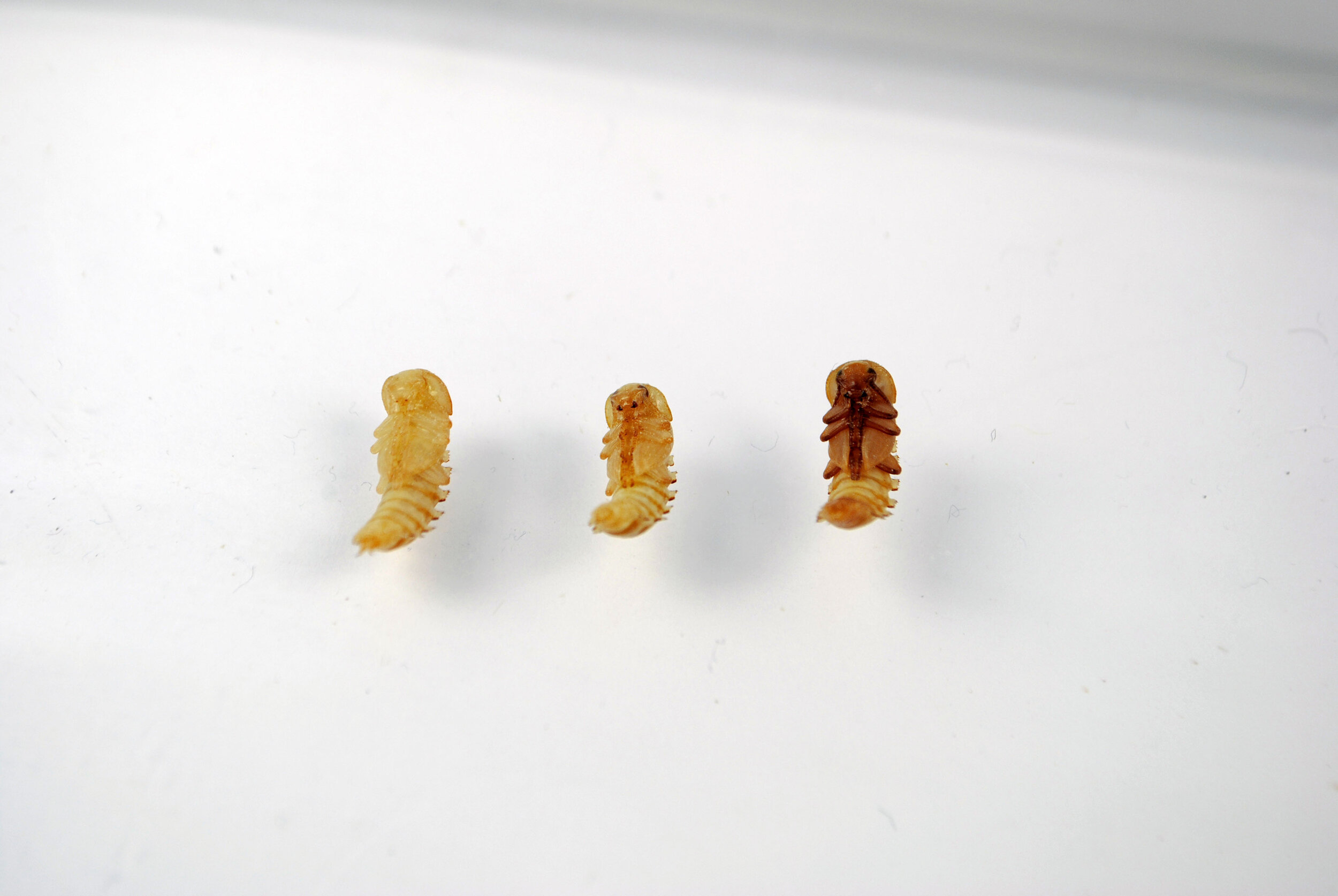Tour of Resource Recovery
I visited Resource Recovery to learn about a system flow as large as municipal recycling. 39 towns in RI all bring their recycling to Resource Recovery in Johnston, RI, where it is processed and sold as non-virgin material. The quasi-public company does much more than simply recycling. They have a landfill with a highly engineered underground water system, sell the off-gas methane to the energy plant across the road, participate in buy-back programs, provide an extensive accepted material drop-off area, and compost/yard waste piles. In addition, it is the only drop -off location in RI for styrofoam, which is picked up and transported back to PA for processing.
My tour was lead by the outreach manager who works extensively in schools, the community, and companies teaching methods of composting and accepted recyclables in the state of RI.
In the state of RI you can recycle: paper, cardboard, and cartons, metal cans, lids, and foil, glass, and plastic containers which must not be bound within a plastic bag. The loose recyclables end up scattered here, which are scooped and enter the sorting equipment.
There are large flippers which pass the larger pieces of cardboard over top. Another smaller flipper stage is able to keep the lighter newsprint up while the items with volume such as plastic bottles cannot pass up and over. One of the biggest problems is loose plastic bags and textiles like rope, because they wrap around the flippers and have to be manually cut away by workers climbing into the stopped machine.
The left side is supposed to be lighter paper and the right a harder cardboard paper. When watching for only 10-15 seconds I spotted 3 pieces of plastic contaminants in the paperstream. In my short tour the alarm sound at least 8 times signaling contaminants and production stopped, then resumed. The alarm is sounding constantly I'm told, and costs time and money.
One of the simpler and most efficient machines using magnetism to separate tin from the plastic. Another machine can be programmed to sense a specific color and sends accurately timed gusts of air up to push the item up and over while the other pieces fall down. Along the entire facility there are at least 10 quality control check points with numerous workers at each hand removing contaminants from the flowing streams.
While this system is extensive, has large expensive equipment invested into it, I still think it could be improved. At the final stage of already baled plastic, a quality control officer was still removing visible contaminants from the exterior of the bale.
In my personal experience, the UK provides compostable blue plastic bags for compost, purple bags for plastic, cans, and glass, and red bags for cardboard and newspaper. A brown paper bag is paid for collection of garden clippings. These are collected weekly from the sidewalk. The traditional black plastic bag of waste, containing polystyrene, pet waste, chip bags, and cling film is picked up every other week. Speaking to my professor, it is similar in Italy, noting the bags are especially small to make you mindful of how to condense your waste to fit, revealing how much you make too. In both cases, the home is responsible for initial organizing of recyclables and perhaps saves steps in the sorting process further down the line. In the US however we assume people are too lazy and it is asking enough as is for them to recycle, and they wouldn't be bothered if it is more complicated. I believe if we hold ourselves to a low standard, we will only meet the bare minimum. When held to a high standard, you'd be surprised of what can be accomplished.
After the tour, two materials no-so coincidentally stuck out to me. Styrofoam and plastic bags. I chose to study these material initially because of their ability to be metabolically processed by mealworms and also because of their hindrance in the recycling waste stream. Styrofoam is rarely accepted, therefore few processing plants take in PE from many states. Plastic bags are encouraged to be dropped off at grocery stores to remove them from entering the recycling stream, thus jamming the equipment. But, when bringing it to the grocery store you are transporting your plastic bags to a location in which they were be picked up and transported to another location. This is using a lot of energy and gasoline in transportation alone, for both styrofoam and plastic bags. What if you can skip the transport and process them yourself at home?
Thanks to Resource Recovery for all you do! RI relies on you!

